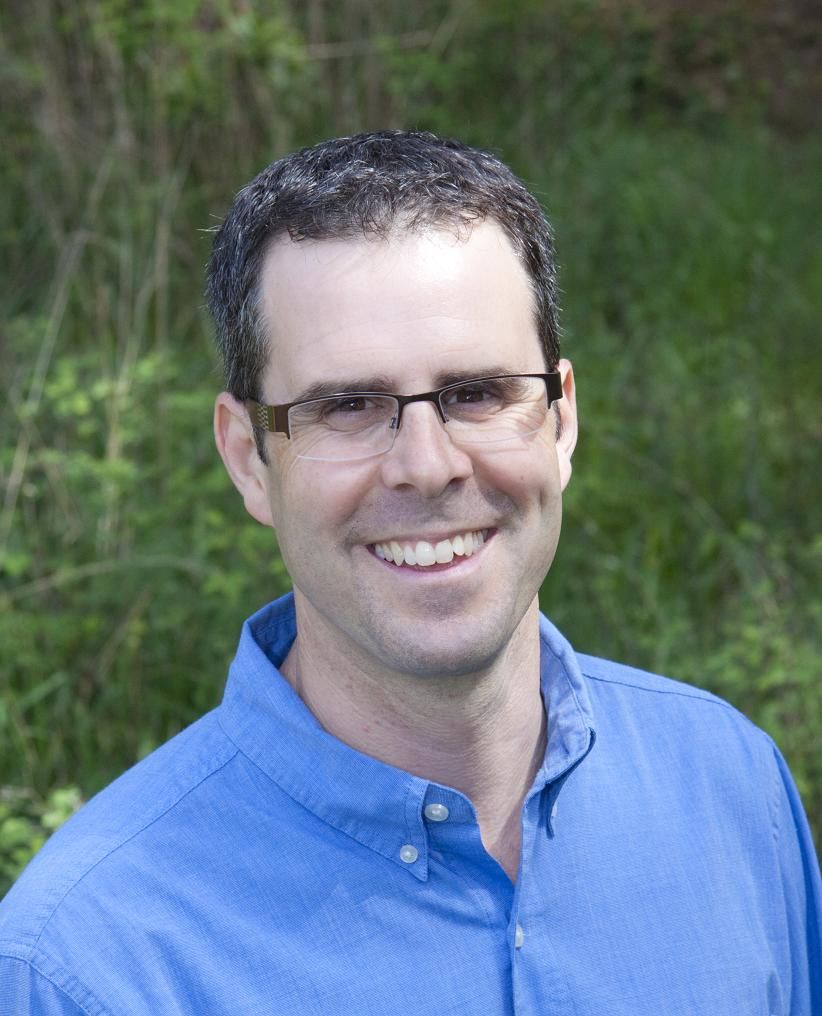NRESi Colloquium - Fishers, Forests, and Fur: Challenges of understanding ecology and translating it into effective conservation - Rich Weir

Natural resource scientists do critical work to help us understand how the wonderful array of species in BC live in the wide variety of ecosystems that occur here. From studying mosses to mooses, they help us appreciate the interrelatedness of the world around us and provide us with information on how to keep the ecosystems working away as they should. But how does this information get used to effectively conserve a species? What happens when just ‘knowing’ this information doesn’t result in better decisions being made? Fishers are exceptionally rare forest-dependent carnivores that live in the low-elevation forests of central and northern BC. We have learned through extensive research that fishers in BC are exceptionally closely tied to features of late-successional forests, but does this make them old-growth dependent? How does logging affect their populations? How do we help others use our information to make better decisions? During this presentation, I will talk about what we have learned about fishers over the past 30 years and how we are using this to help others make ‘better’ decisions that help conserve this vulnerable species.
This presentation is sponsored by the Habitat Conservation Trust Foundation
The Natural Resources & Environmental Studies Institute (NRESi) at UNBC hosts a weekly lecture series at the Prince George campus. Anyone from the university or wider community with interest in the topic area is welcome to attend. Presentations are also made available to remote participants through Zoom Webinar. Go to http://www.unbc.ca/nres-institute/colloquium-webcasts to view the presentation remotely.
Past NRESi colloquium presentations and special lectures can be viewed on our video archive, available here.